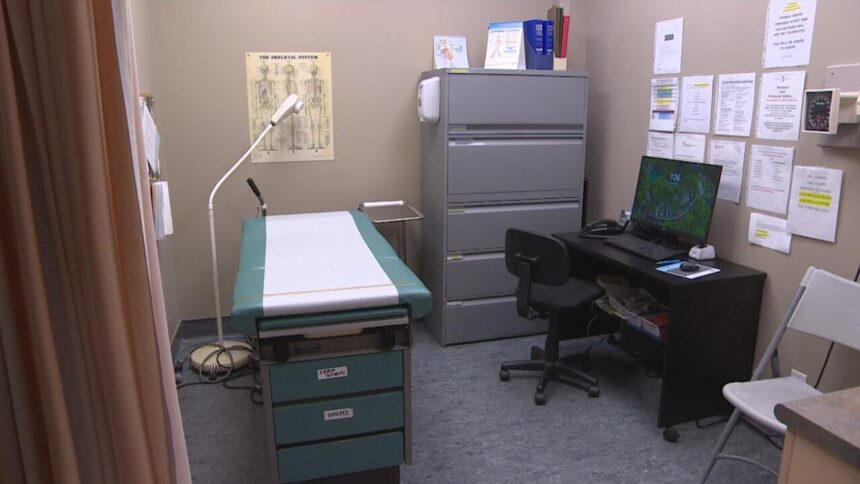In a significant shift for healthcare accessibility, Manitoba has rolled out a new policy allowing residents without health cards to receive hospital care without facing immediate financial barriers. The initiative, which took effect earlier this month, represents a fundamental change in how the province addresses care for its most vulnerable populations.
“This is about removing barriers to essential healthcare services,” said Manitoba Health Minister Uzoma Asagwara during the announcement at Winnipeg’s Health Sciences Centre. “No Manitoban should avoid seeking medical help because they’re worried about being billed or because their documentation isn’t in order.”
Under the new guidelines, hospitals across the province will provide care first and address billing concerns later, particularly for residents experiencing homelessness, newcomers awaiting documentation, or those whose health cards have expired. Previously, many without valid health cards faced upfront payment requirements or billing immediately after receiving treatment.
The policy change follows concerning reports from frontline healthcare workers who witnessed patients leaving emergency departments against medical advice when informed about potential costs. According to data from Manitoba Health, approximately 4,500 residents sought emergency care last year without valid provincial health coverage.
Dr. Marcia Anderson, a physician who works with underserved communities in Winnipeg, told CO24 News, “We’ve seen patients with serious conditions like pneumonia or diabetic complications refusing admission because they feared the cost. This policy recognizes healthcare as a human right rather than a consumer product.”
The initiative doesn’t eliminate eventual billing for those genuinely ineligible for provincial coverage but creates a buffer zone where immediate care takes precedence over financial verification. Hospital administrators will work with patients after treatment to determine eligibility for retroactive coverage or establish manageable payment plans when necessary.
Advocacy groups have praised the move while noting it represents just one step toward comprehensive healthcare reform. “This addresses a critical gap in our system,” said Maya Fontaine of the Manitoba Health Coalition. “But we still need broader solutions for prescription medications, dental care, and mental health services that remain inaccessible to many.”
The provincial government estimates the policy will cost approximately $3.2 million annually but projects long-term savings through prevented health complications and reduced emergency interventions. Similar programs in other provinces have demonstrated that removing barriers to primary and preventive care ultimately reduces more expensive acute interventions.
For Manitoba’s growing immigrant population, the change provides essential breathing room during transition periods. New resident Carlos Mendez described his relief: “When my work permit was being renewed, there was a gap in my coverage. My daughter developed a high fever, and I was terrified about taking her to the hospital. This policy would have prevented so much anxiety.”
Implementation challenges remain, including staff training and system adjustments. Critics within the provincial politics sphere have questioned whether the initiative goes far enough, pointing to the need for more comprehensive reforms across the healthcare continuum.
As Canada continues to navigate complex healthcare accessibility issues, Manitoba’s approach represents a pragmatic middle ground—maintaining the integrity of the insurance system while acknowledging that human health needs often can’t wait for paperwork. As the program unfolds, healthcare providers and policymakers across the country will be watching closely to gauge its effectiveness and sustainability.
What remains to be seen is whether this policy shift will inspire more fundamental conversations about who deserves care in our society and at what point in the administrative process that care should be guaranteed. When life and health hang in the balance, how much should documentation matter?










